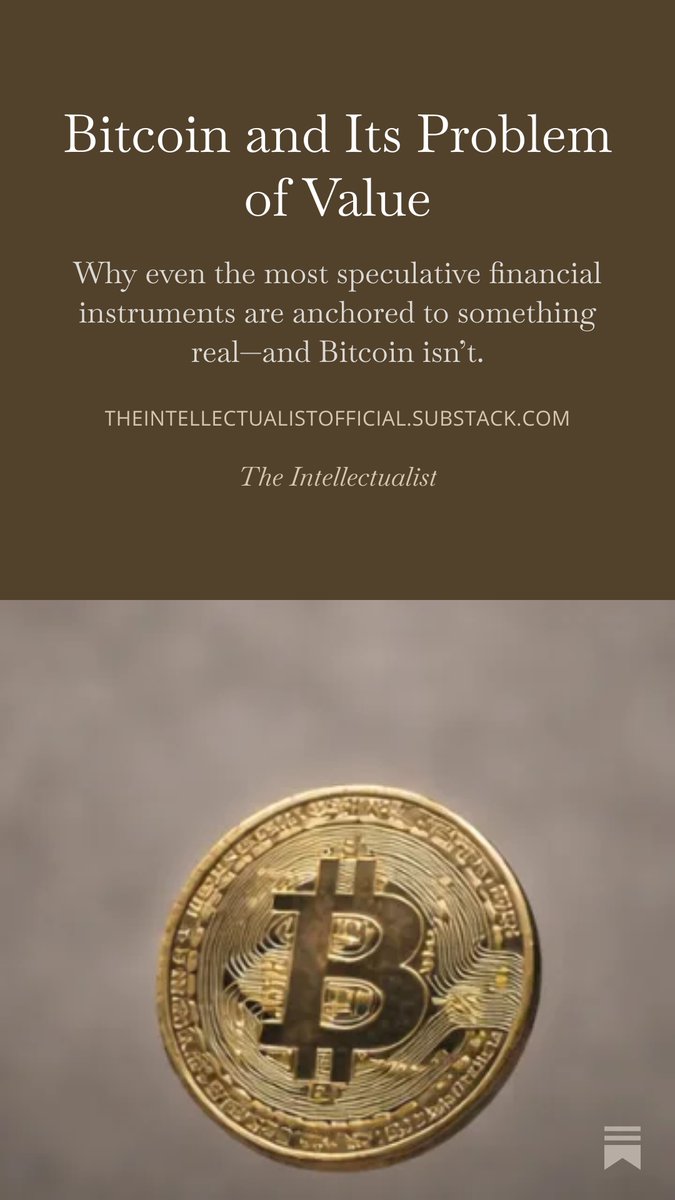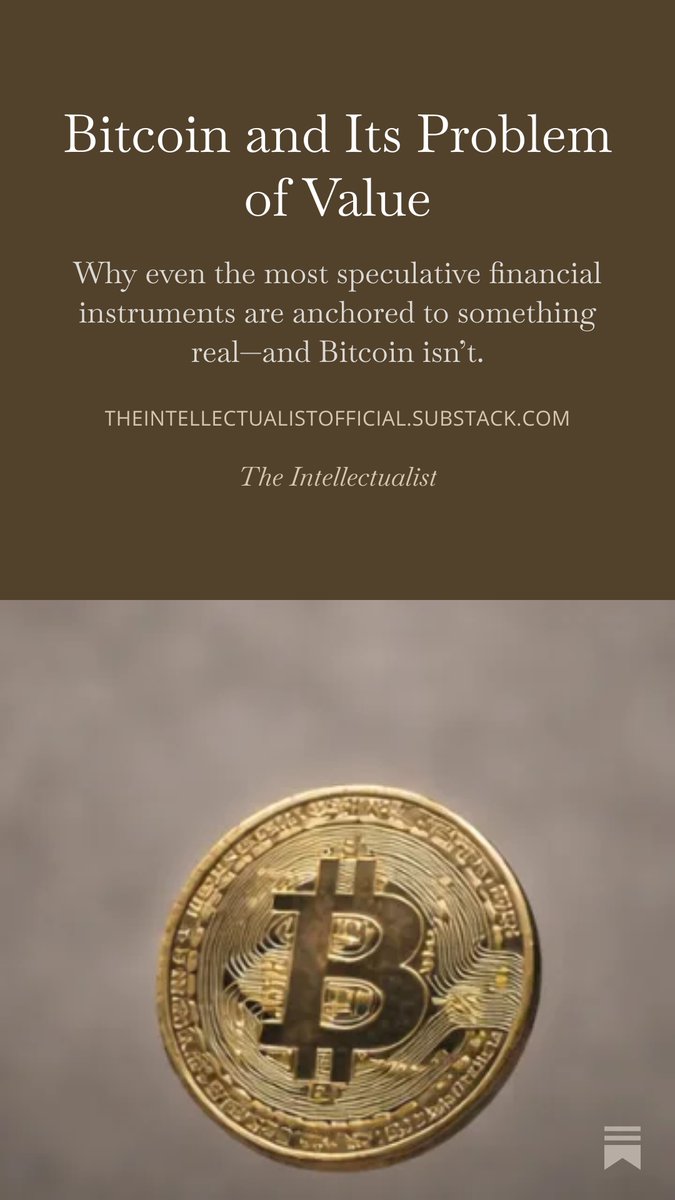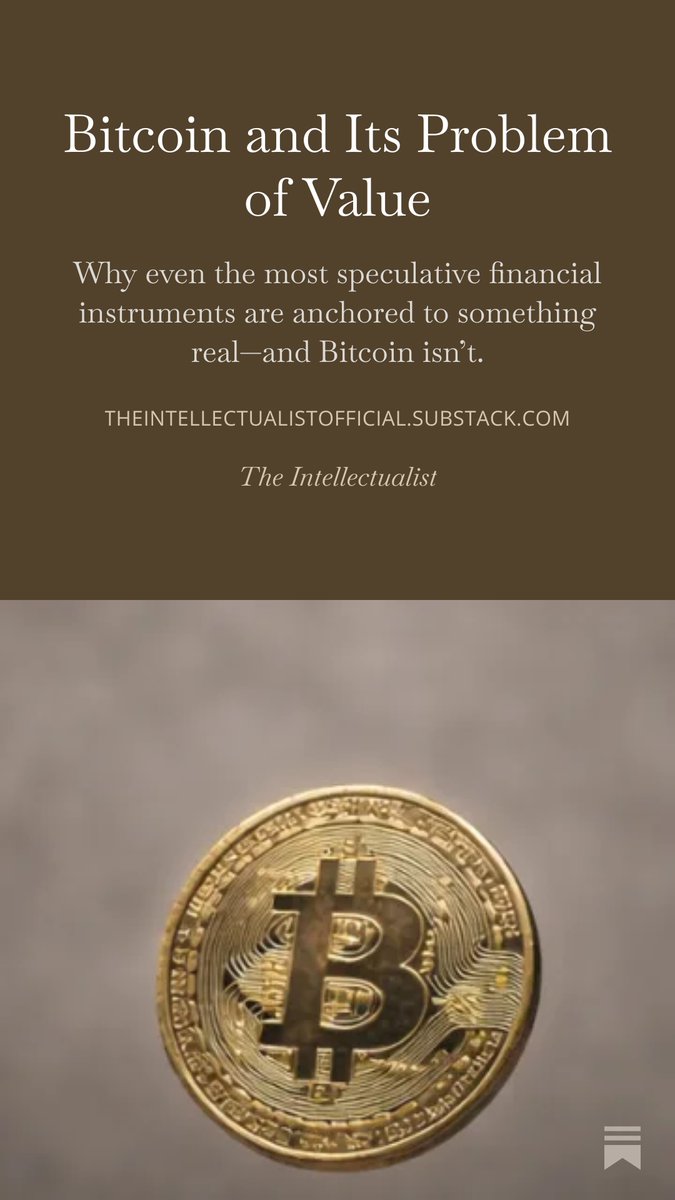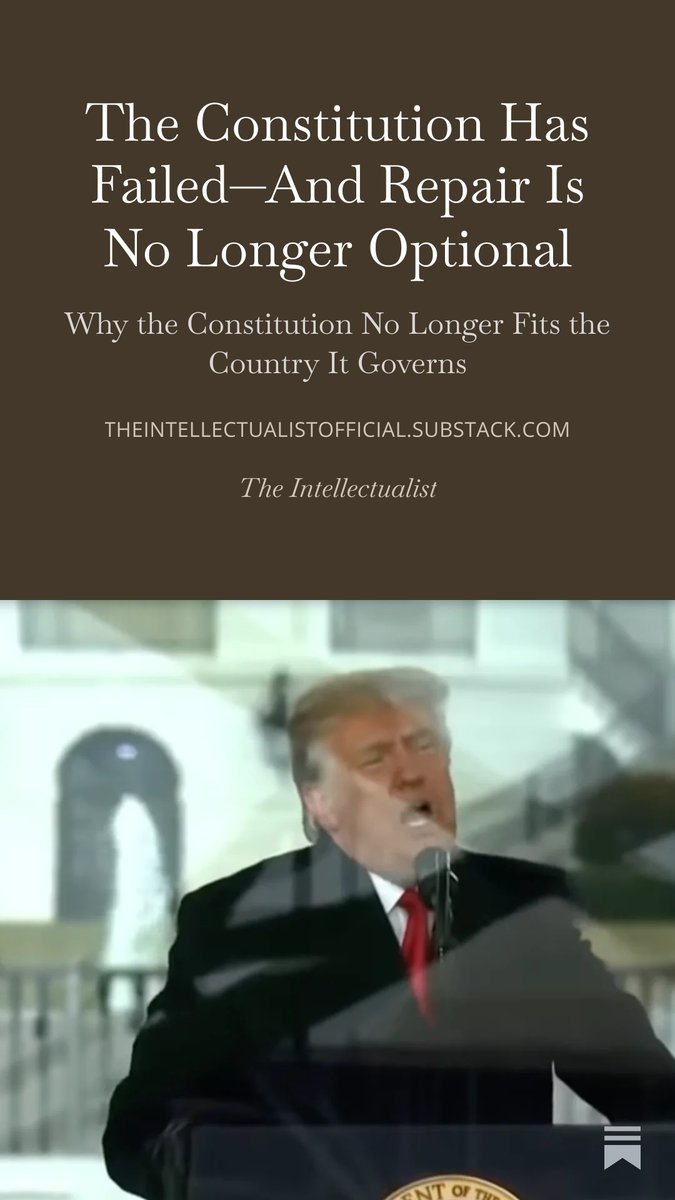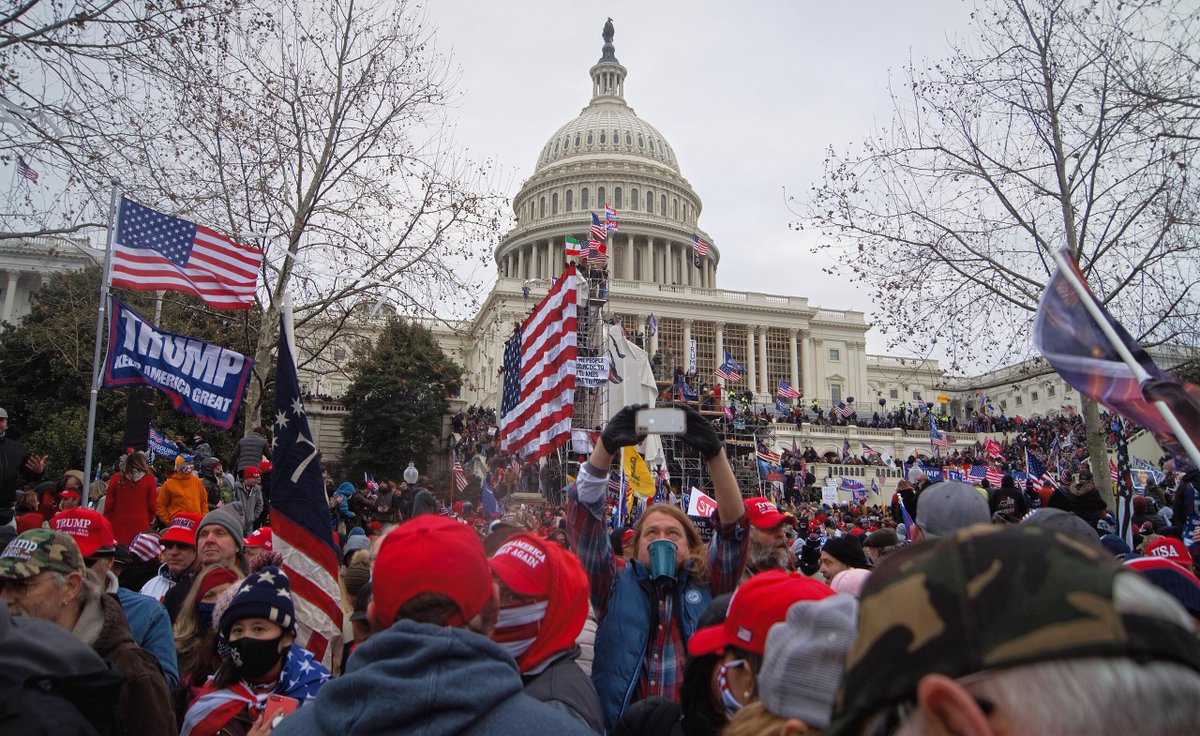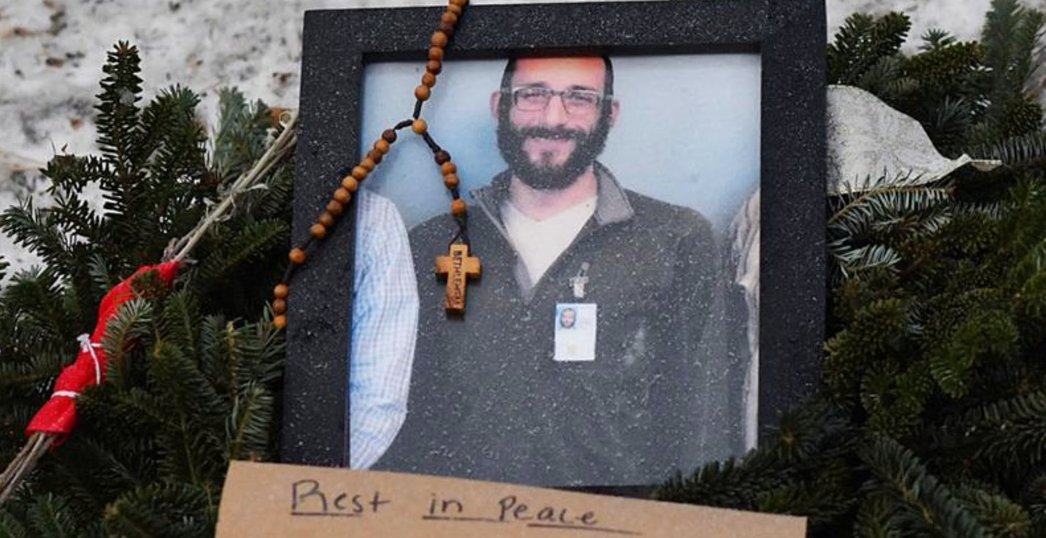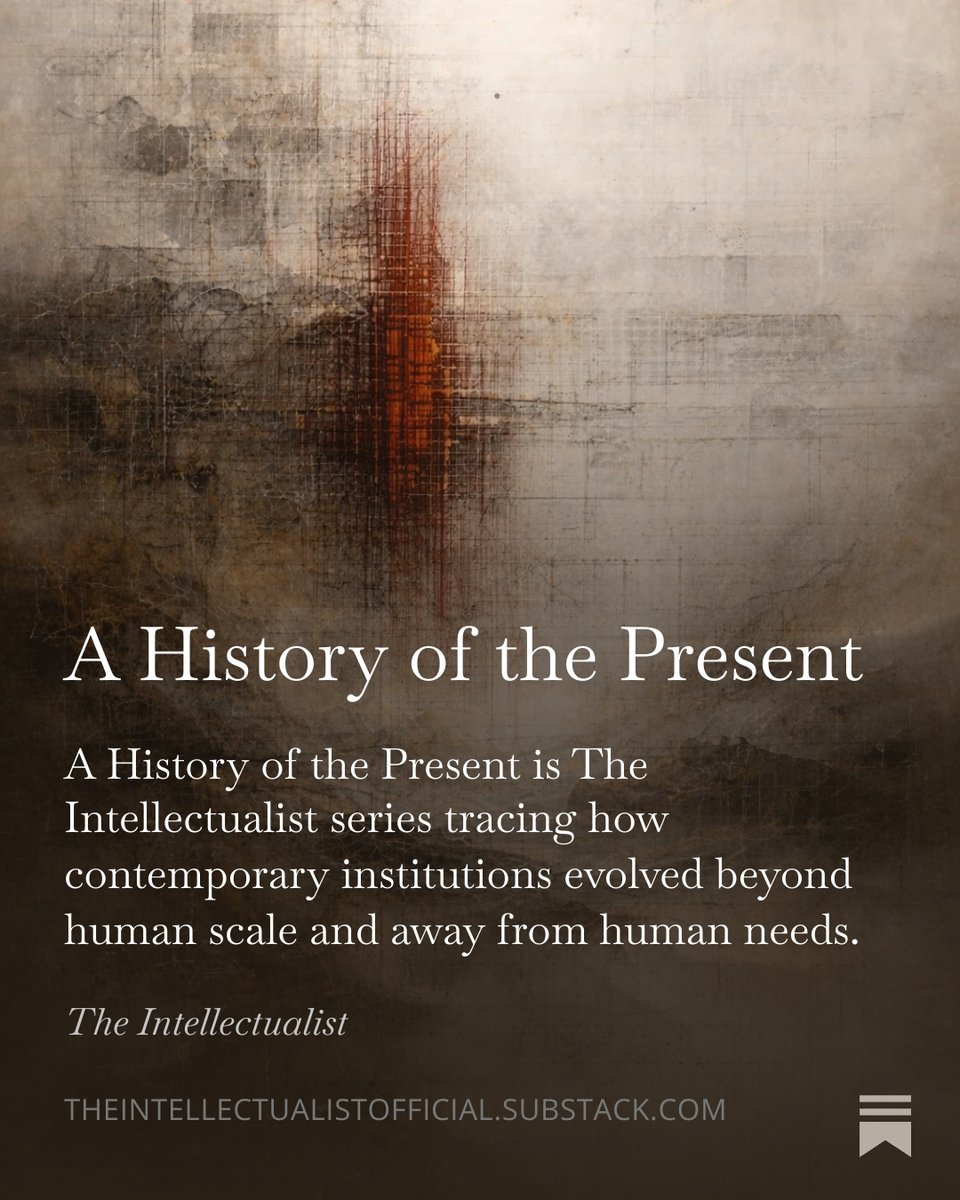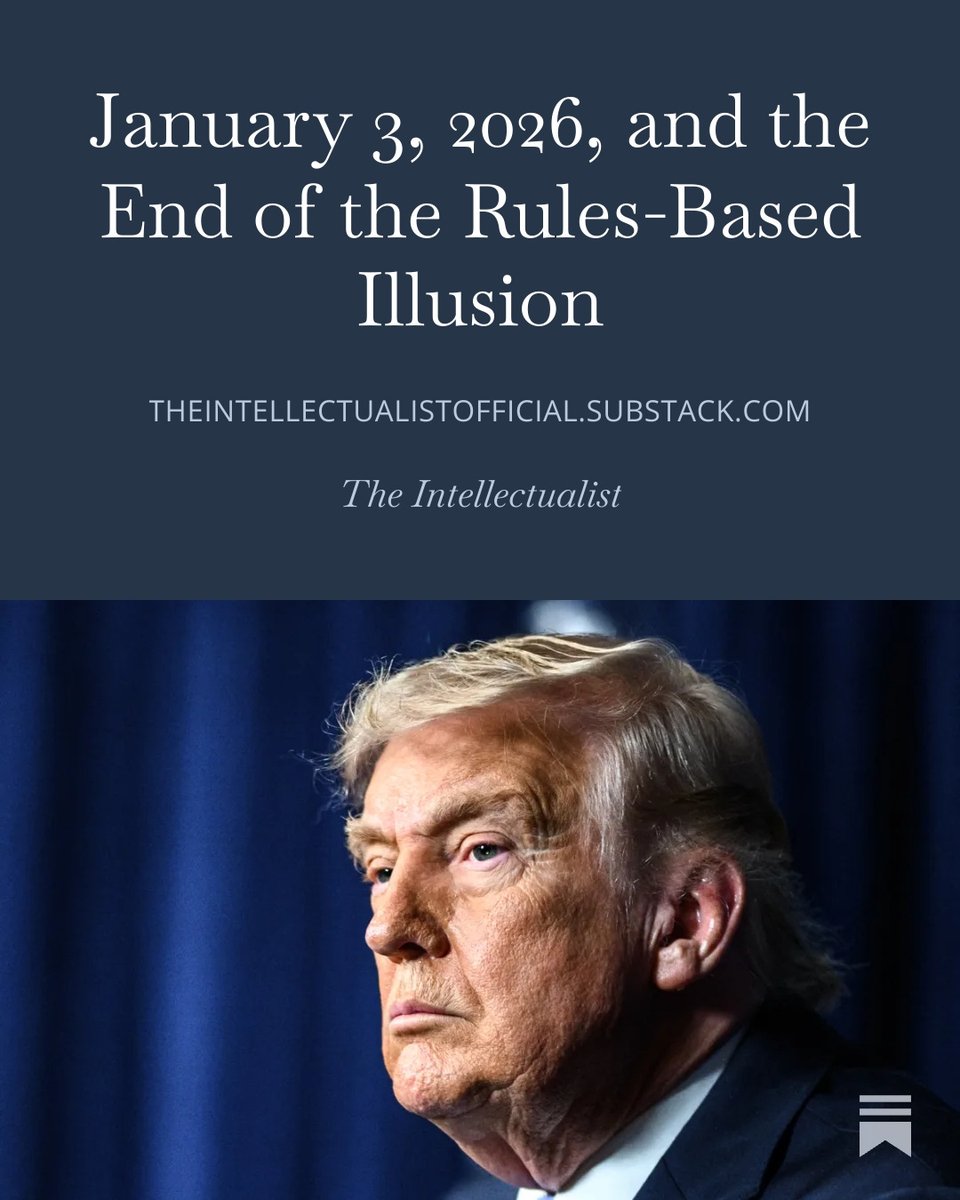Thread: The Electoral College: Thwarting Direct Democracy and Enabling Minority Tyranny 🗳️⚖️
1️⃣Let's talk about the Electoral College and how it impacts our democracy. 🇺🇸 #ElectoralCollege #DirectDemocracy #MinorityTyranny
1️⃣Let's talk about the Electoral College and how it impacts our democracy. 🇺🇸 #ElectoralCollege #DirectDemocracy #MinorityTyranny
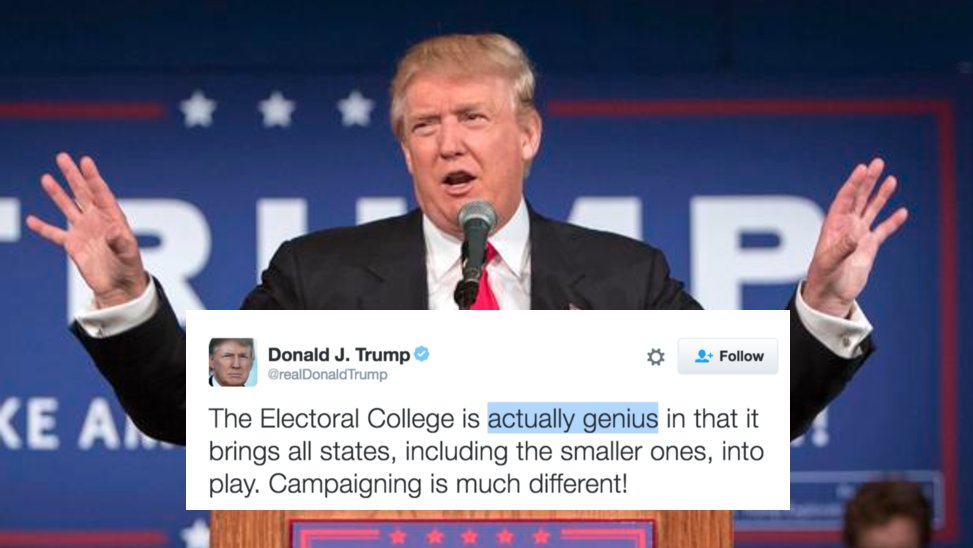
2️⃣ The Electoral College is an outdated system that distorts the principle of "one person, one vote." 🙅♂️🗳️ It gives disproportionate power to states with smaller populations, diminishing the voice of the majority. #OnePersonOneVote #RepresentationMatters 

3️⃣ Under the Electoral College, candidates focus on swing states while largely ignoring others. This means that citizens in non-battleground states often feel neglected and their concerns overlooked. 🗺️⚖️ #SwingStates #NeglectedVoices 

4️⃣ The winner-takes-all approach in most states further exacerbates the problem. A candidate can win a state by a slim margin and receive all of its electoral votes, leaving a significant portion of the population unrepresented. 🤷♀️🗳️ #WinnerTakesAll #Unrepresented 

5️⃣ The Electoral College also creates a potential for "faithless electors" who can vote against the popular will. This undermines the fundamental principle of democracy, where every vote should count equally. 😕⚖️ #FaithlessElectors #EveryVoteCounts 

6️⃣ Moreover, the Electoral College gives disproportionate influence to sparsely populated rural areas, as their votes carry more weight than those in densely populated urban areas. This unduly empowers a minority at the expense of the majority. 🌾🏙️ #RuralVsUrban 

7️⃣ By enabling minority tyranny, the Electoral College can lead to outcomes where a candidate wins the popular vote but loses the election. This contradiction undermines the legitimacy of our democratic process. 🤔🔍 #PopularVote #Legitimacy 

8️⃣ To ensure a truly representative democracy, we need to consider reforming or replacing the Electoral College with a system that values the principle of one person, one vote. Let's strive for a more inclusive and equitable electoral system. 💪🌍 #DemocracyReform 

9️⃣ It's time to have a serious conversation about the Electoral College and its impact on our democracy. Let's work towards a future where every citizen's vote is counted and valued equally. 🗳️✨ #DemocracyMatters #EqualRepresentation 

🔟 Thanks for joining this discussion! Feel free to share your thoughts and let's continue working towards a more just and representative democracy. 🤝💙❤️ #DemocracyDiscussion #RepresentationNow 

If you are not following us, please do. We would appreciate it. Thank you.
• • •
Missing some Tweet in this thread? You can try to
force a refresh


